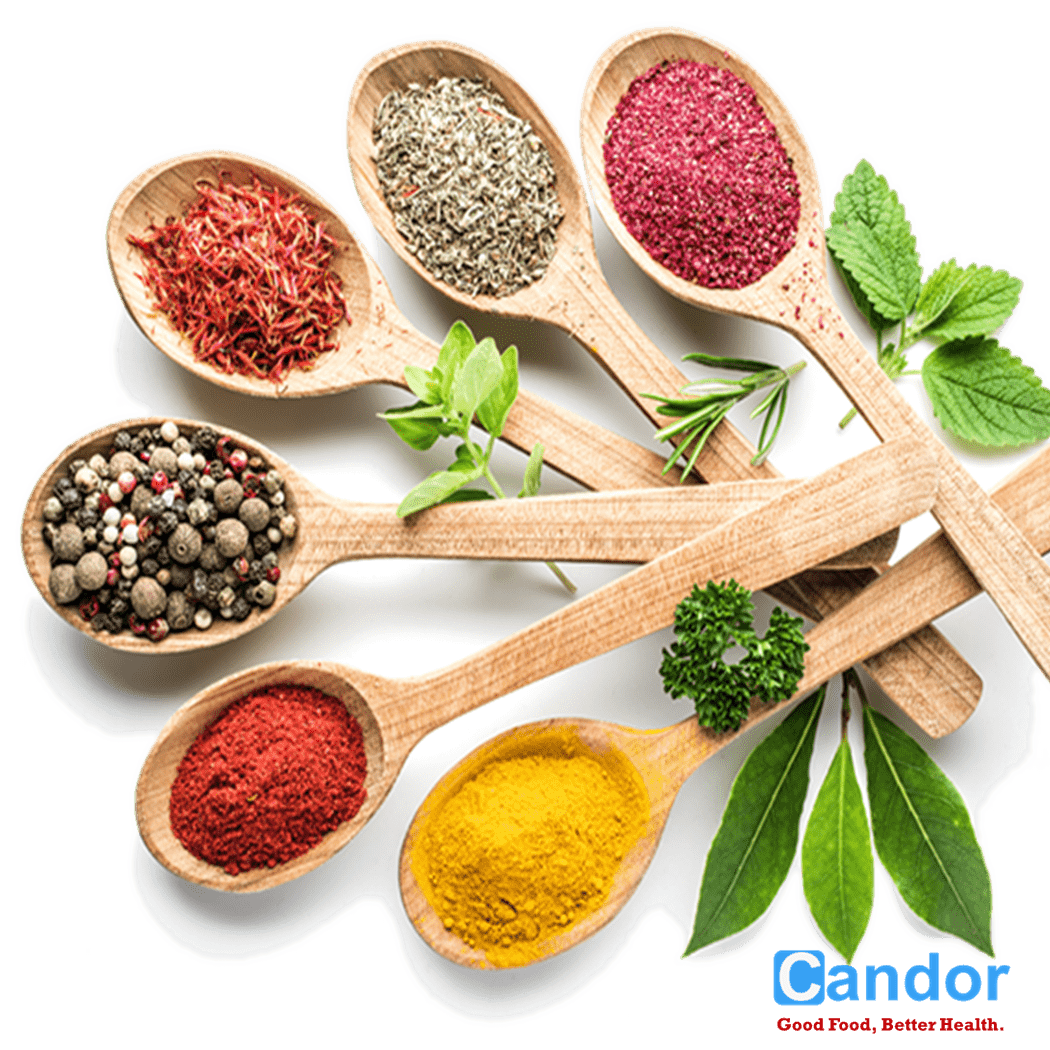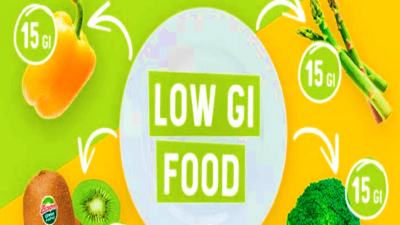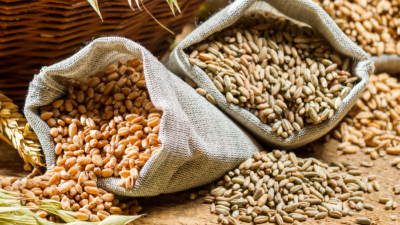
Diabetes management is critical to maintaining a healthy lifestyle, particularly for those at risk of or diagnosed with diabetes. Among various natural remedies, the role of Indian spices in controlling blood sugar levels has garnered significant attention. This article explores how Indian herbs aid in regulating blood sugar, reducing insulin resistance, and preventing diabetes-related complications.
Managing diabetes effectively involves a multifaceted approach that includes medication, lifestyle changes, and dietary adjustments. Beyond these conventional methods, the rich heritage of Indian kitchens offers a plethora of herbs and spices that have been revered for their health benefits. Spices, with their concentrated essential oils, are not just culinary delights but potent natural remedies. Among their numerous health advantages, their role in stabilizing blood glucose levels is particularly noteworthy. This article delves into the impact of Indian spices on blood sugar levels, highlighting how they can be integrated into daily diets to manage diabetes.
Indian spices for diabetes are celebrated for their antioxidant and antibiotic properties, contributing significantly to overall health and wellness. Moreover, their efficiency in blood sugar control has been the subject of various research studies.
Curry Leaves: A staple in Indian cuisine, curry leaves are more than a flavor enhancer. Their potential to aid weight loss and indirectly impact blood sugar levels makes them a valuable addition to a diabetic diet. Incorporating ground curry leaves into dips or yogurt can offer a delicious way to enjoy their benefits.
Turmeric (Haldi): Revered in Ayurveda for its medicinal properties, turmeric’s anti-inflammatory. Its antibacterial benefits extend to boosting immunity and enhancing skin health. Research, including a study published in the Evidence-based Complementary and Alternative Medicine journal, highlights curcumin (turmeric’s active compound) as a potential agent in lowering blood glucose levels and mitigating diabetes-related complications. Incorporating turmeric into your diet, such as through turmeric milk or “haldi doodh,” can be beneficial.
Cloves (Laung): Known for their antiseptic and germicidal properties. Cloves also offer anti-inflammatory and analgesic benefits, making them beneficial for digestive health in diabetes management. Indian spices are identified as natural supporters of insulin production and stabilizers of blood sugar levels. Their impact on daily blood sugar management underscores the practical significance of incorporating these spices into everyday use.
Neem Leaves: Neem’s bitter leaves are a powerhouse of anti-diabetic properties. Whether consumed as dried powder or juice, neem can significantly impact blood sugar management. A hint of honey can make the regimen more palatable for those finding the bitterness challenging, promising noticeable results over time.
Blueberry Leaves: Blueberry leaves, renowned for their active ingredient myrtillin, naturally contribute to diabetes treatment by reducing blood glucose levels. Additionally, they strengthen blood vessels, enhancing overall vascular health. Their use extends to treating diabetic eye conditions, making them a multifaceted remedy.
Tenner’s Cassia: The flowers and seeds of Tenner’s Cassia benefit those looking to manage their blood sugar levels naturally. Adding its leaves to tea with a bit of honey can be a daily ritual for health.
Aloe Vera: Beyond its well-known skin benefits, Aloe Vera has shown promise in reducing blood glucose levels. Thanks to recent studies highlighting its phytosterol compounds.
Sweet Potato Leaves: Contrary to the starchy sweet potato, its leaves can be a potent addition to diabetes care, especially when added to tea.
Indian Kino: This tree stands out for its unique ability to lower glucose absorption and increase insulin levels, offering hope for pancreatic cell regeneration.
Fenugreek: A versatile herb, fenugreek is celebrated for its fiber-rich seeds and their role in blood sugar control, alongside other health benefits.
Gooseberry: Rich in Vitamin C, gooseberry, or Amla, enhances the pancreas’s insulin production, showcasing its efficacy in diabetes management.
Cinnamon: A common yet powerful spice, cinnamon excels in lowering blood glucose and cholesterol levels, improving insulin response, and offering antioxidant benefits.
The impact of Indian spices on blood sugar levels is profound. They offer natural, accessible options for diabetes management. Integrating these spices into your diet can pave the way for better health outcomes. However, you must consult healthcare professionals before making significant changes to your diabetes care plan.
The modern health challenge of diabetes can benefit significantly from the ancient wisdom housed in Indian kitchens. The impact of Indian spices on blood sugar levels exemplifies how traditional ingredients can complement medical treatments and lifestyle changes in managing this condition. Integrating these spices into your diet offers a natural, accessible path to stabilizing blood glucose levels and enhancing overall health.
Disclaimer: This article is for informational purposes only and not intended as medical advice.





























